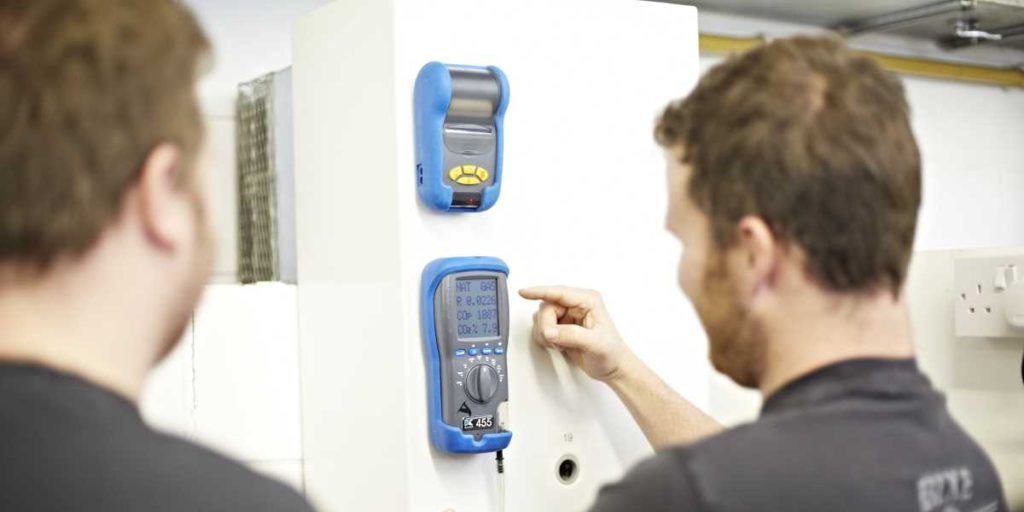
Qualified gas engineers are skilled tradespeople whose work must constantly adhere to strict health and safety regulations.
Rigorous assessments and regulatory requirements are in place to protect both those working in the sector and the general public, with high-quality training forming an essential base for any engineer’s career.
It’s vital that all training engineers fully understand what is required at each stage of their learning, and how taking the time to find a respected and accredited provider can make all the difference in getting their career off to the best possible start.
1. Find a suitable training provider
There are several things to consider when searching for a training provider. One of the first essential things to check is that the provider is accredited and that any course you are looking at meets Gas Safe standards.
Who are the tutors? Are they time-served professionals? Do they hold all the required teaching qualifications? These are the people who will be responsible for your learning, so it’s worth knowing more about their previous experience.
Reviews on websites like Trustpilot can also be extremely helpful, offering a clear insight into the training provider based on the real-life experiences of people who were once in a similar position.
2. Begin a MLP
A Managed Learning Programme (MLP) is an in-depth training course that has been designed to suit anyone with no previous experience in gas work.
The initial training stage of the MLP kicks off with a week dedicated to learning the core skills associated with gas work, before moving into in-depth theory and further practical assessments. Overall, the MLP is designed to equip you with the skills and knowledge necessary to reach a Gas Safe standard.
3. Complete your portfolio
Once the training stage of your MLP has been completed, you will be required to assemble a portfolio of work to prove your competence in the workplace.
To do this, you will need to work under the supervision of a qualified Gas Safe engineer who will be able to verify any work included in your portfolio.
A two-year window is allocated to allow for portfolio completion, though most training engineers will complete their portfolio in a much shorter time frame.
4. Take your ACS assessment
The Accredited Certification Scheme (ACS) is an industry-recognised qualification that must be obtained before an engineer can join the Gas Safe Register.
The assessment acts as proof that an engineer possesses the knowledge and skills relating to safety regulations, procedures and British Standards that must be applied when working on gas installations.
ACS accreditation lasts for five years, at which point a reassessment must be taken to renew. A separate ACS assessment must be completed for those planning to work in a commercial setting.
5. Register with Gas Safe
It’s a legal requirement for any gas engineer in the UK to join the Gas Safe Register before carrying out work.
You can apply for Gas Safe registration online here. Registration lasts one year, after which renewal is mandatory.
You may also want to consider further specialist training, such as a boiler fault finding course, as a way of increasing the services you’re able to offer customers and potential employers.
Able Skills offers a range of gas courses suited to all experiences and stages of the gas training journey, including arranging work placements for the portfolio completion stage. You can find more information about all of our gas training here, and if you have any questions at all, feel free to give us a call on 01322 280 202.